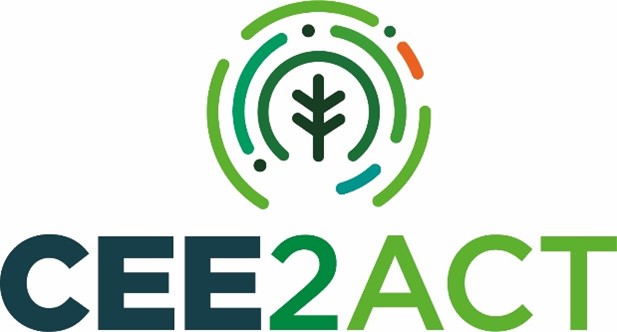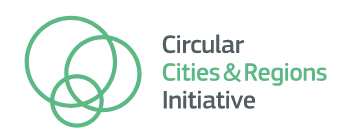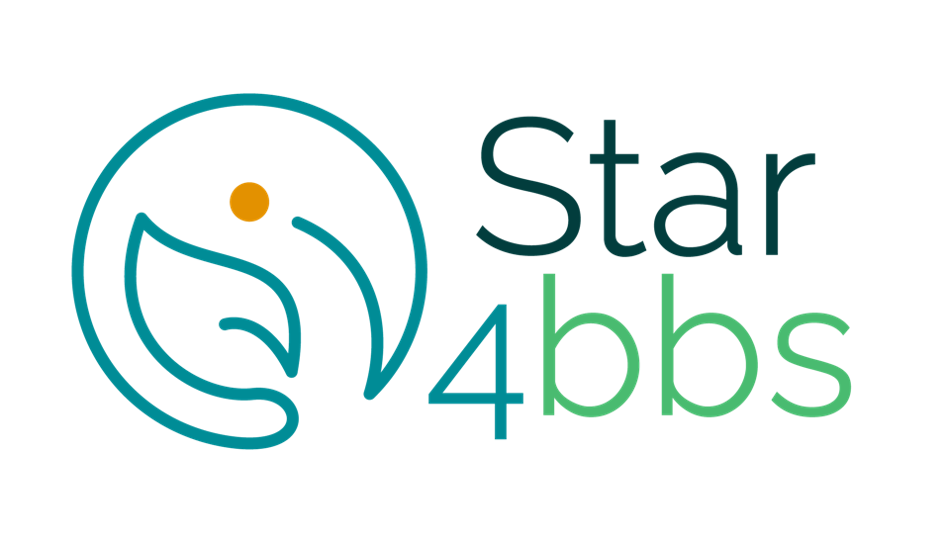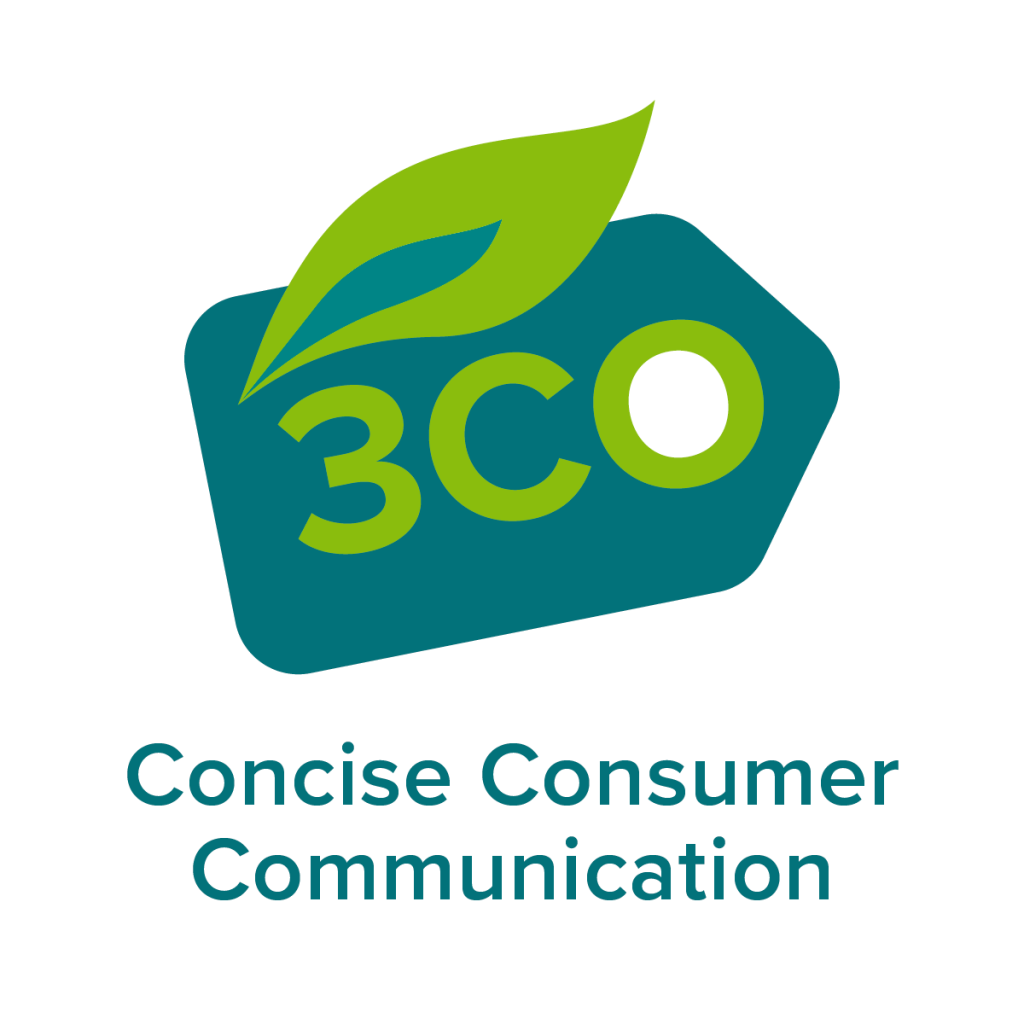Aligning Life Cycle Assessment methods and bio-based sectors for improved environmental performance
The ALIGNED project will deliver a modelling framework to assess and optimise the environmental and socio-economic performance of bio-based industries. ALIGNED will collaborate with industries and representatives from five bio-based sectors: construction, woodworking, textile, pulp and paper, and bio-chemicals.
The transition towards a sustainable economy is dependent on consistent and comparable environmental assessments of bio-based products. However, in practice today the methods to assess the impact of bio-based products give incomparable results, thus confusing decision-making. The models and tools developed in ALIGNED will allow to perform high-quality assessment studies across the bio-based sectors, with industrial relevance and interoperability. This is possible by the iterative application and improvement of the new and harmonised models and tools in five specific cases of bio-based industrial technologies (TRL 2-6), one for each sector.
ALIGNED wants to model: the competition for biomass and for land, dynamic and time-specific carbon accounting, and biodiversity and socio-economic impacts. Key stakeholders in the five sectors will be continuously involved.
Contacts: info@alignedproject.eu
Monitoring the Bioeconomy
Over last 20 years, EU policy makers have prioritized the expansion of bio-based value chains through various EU policy initiatives and research programmes. However, lacks are identified in information and statistics on the bioeconomy, especially regarding data collection and tools that analyse bio-based industries and materials. BioMonitor contributes to the development of a more sustainable and robust framework that closes identified data and analysis gaps. Stakeholders can use it to monitor and measure the bioeconomy and its various impacts for the EU and its Member States.
Contacts: Justus Wesseler, Dusan Drabik
Monitoring system of the environmental and social sustainability and circularity of industrial bio-based systems
BIORADAR aims to help organisations, policymakers and investors have the necessary information to step towards a more sustainable, bio-based economic model. BIORADAR takes a system perspective to fill the indicator gaps in circularity and sustainability industrial bio-based systems by developing digital monitoring tools that will provide AI-driven benchmarking platform, a self-assessment tool, and a regulatory tracker tool for bio-based industries.
Contacts: Emad Yaghmaei (coordinator), Maria Camara (communication)
Biological Resources Certifications Schemes
BioReCer aims to ensure the environmental performance and traceability of the biological feedstock used by the bio-based industries, deploying guidelines to strengthen the current certification schemes. Within this approach, the added value, the use, as well as social acceptance of bioproducts will be increased. To fulfill this goal, BioReCer is structured in three main technological pillars: i) to develop a multidimensional assessment framework for the biological feedstocks and their associated supply chains; ii) to create a BioReCer Innovation Ecosystem Living-Lab with a multi-agent approach, testing the framework in four bio-based systems supply chain case studies; and iii) to use all this knowledge to complement current certification schemes including new criteria for certifying the sustainability, origin and traceability of biological resources, and ensuring applicability in the EU and globally. The project involves 16 partners from 7 countries.
Contacts: Dr. Anke Schwarzenberger, Dusica Banduka, Pedro Villanueva
Circular BIOeconomy TRANSFORMation for whole regions through connected biorefineries
BIOTRANSFORM:
- Provides an ecosystem, for the transition from linear to circular bio-based systems.
- Equips local policymakers with tools to set priorities serving environmental, economic & social goals.
- Develops a framework to establish circular bio-based systems on 6 regions, considering resources & infrastructures, conversion pathways, logistics, policies, strategies, & access to finance.
- Builds on the concept of regenerative bioeconomy value cycles by tapping into what is there already and connecting the dots.
Contacts: Lahtinen Jussi
Industry CAse studies anaLysis to IMprove EnviROnmental performance and sustainability of bio-based industrial processes
CALIMERO aims to create a common framework for all bio-based industries to evolve in terms of sustainability working with PEF indicators as well as with those proposed by CALIMERO. The presence of bio-based industries from five different sectors –construction, woodworking, textile, pulp & paper and biochemicals– in the consortium provides a valuable perspective of the industries’ needs towards sustainability. With them committed to this frame, it is possible to reduce environmental impacts by identifying the main sources of pollutants and analysing potential solutions, considering additionally economic and social dimensions. And, with more sustainable industries, Europe can become a greener and more resilient continent.
Contacts: Ricardo Méndez, Iciar Serrano Boter
Empowering Central and Eastern European Countries to Develop Circular Bioeconomy Strategies and Action Plans
A more bottom-up approach is needed to foster the bioeconomy transition in Europe.
To do so, CEE2ACT is empowering countries in Central Eastern Europe and beyond (Bulgaria, Croatia, Czech Republic, Greece, Hungary, Poland, Romania, Serbia, Slovakia and Slovenia) to develop circular bioeconomy strategies and action plans through innovative governance models.
The objective is to achieve better informed decision-making processes, societal engagement and innovation, building on the practice of partners from contributing countries (Austria, Germany, The Netherlands, Belgium, Spain, Finland, Sweden), and addressing relevant economic, social and environmental aspects.
Contacts: María Beatriz Rosell, Nathalie Bargues
Circular Cities and Regions Initiative – Coordination and Support office
Launched and funded by the EU as part of the Circular Economy Action Plan, the Circular Cities and Regions Initiative (CCRI) focuses on implementing the circular economy across Europe’s cities and regions. The CCRI aims to increase synergies among projects and initiatives, disseminate relevant knowledge, and give greater visibility to best practices. Combining this knowledge sharing with technical and financial support, it offers comprehensive support to stakeholders across Europe’s cities and regions.
Contact: Jan Wynarski
Harmonisation and monitoring platform for certification schemes and labels to advance the sustainability of bio-based systems
HARMONITOR aims to improve the effectiveness of certification schemes and labels (CSLs) used in the EU Bioeconomy and strengthen their use as a co-regulation instrument. Better quality and more trustable CSLs can set higher levels for sustainability standards within and beyond EU markets. HARMONITOR will also test a participative review platform concept for CSLs to contribute to their continuous improvement by finding commonalities and cooperation when operating in bio-based value chains.
Contacts: Sergio Ugarte, Costanza Rossi
Standards and Regulations for the Bio-based Industry
A proactive regulatory approach is an important driver in developing emerging industries and attracting investment. Similarly, a proactive approach to standardisation can help harmonise supply chains and create an environment that stimulates investment by reducing risks and offering a better potential return on investment. The STAR4BBI project helped establish a coherent, well-coordinated and favourable regulatory framework that helps develop a cutting-edge bio-based economy for Europe. STAR4BBI supported the adaption of the regulatory framework and of relevant standards for selected existing value chains and the development of new value chains based on biomass from forests, from agriculture and from organic waste.
Objective
To establish a coherent, well-coordinated and favourable regulatory framework for supporting the development of a cutting-edge bio-based economy for Europe, through selection and assessment of example bio-based product value chains.
To support the adaption of the regulatory framework and of relevant standards for the full deployment of selected existing value chains and for the concrete development of new value chains based on biomass from forests, from agriculture and from organic waste.
To promote a level playing field for bio- based product.
Contact: Luana Ladu
Sustainability Transition Assessment Rules for Bio-Based Systems
STAR4BBS is a three-year multidisciplinary and multi-actor collaborative project, involving six partners, four associated partners and one linked third party. The overall aim of STAR4BBS is to maximize the potential of Sustainability Certification Schemes (SCS) and labels to support a successful transition to sustainable bio-based economy. At the core of the STAR4BBS project is the development of indicators and a new monitoring system for assessing the effectiveness and robustness of existing international and EU SCS, B2B labels, and related traceability systems applicable to biological feedstock and bio-based materials and products. This information will create the foundations to support achieving the much-needed harmonization between schemes and transparency in global and EU trade flows. Through the developed new monitoring system, existing SCS and labels will be analyzed, and the results, as well as additional research on certified and uncertified trade flows and on the impacts and costs and benefits of certification and labels, will substantially increase understanding of the potential of these schemes to contribute to policy and industry sustainability goals and will build awareness of the differences between the schemes. The project will involve important stakeholders (including scheme owners, policy makers, and industry) in the design of research and the monitoring system and in the development of practical recommendations emerging from the research and analysis in order to ensure that the project achieves its ultimate goal. In particular, an increased uptake of the most effective SCS and labels by the biobased industry will support the development of circular, climate-neutral, sustainable biobased systems that will mitigate climate change, increase resource efficiency, preserve and restore ecosystems, biodiversity, natural resources, and the quality of air, water and soil.
Contact: Luana Ladu – Project Coordinator
Sustainability Transition Assessment and Research of Bio-based Products
STAR-ProBio (Sustainability Transition Assessment and Research of Bio-based Products) was a H2020 multidisciplinary and multi-actor project, which has addressed environmental, social and economic challenges, paving the way for a much-needed sustainability transition towards a bio-based economy. The overall objective of STAR-ProBio was to promote a more efficient and harmonized policy regulation framework for the market-pull of bio-based products. This has been achieved by developing a fit-for-purpose sustainability scheme, including standards, labels and certifications.
Contact: Piergiuseppe Morone
Sustainability certification for biobased systems
In the transition from a linear fossil-based economy towards a circular biobased economy, numerous biobased value chains have been set up at different levels of development, and several new biobased products have been introduced to the market. Biobased products are wholly or partially derived from biological resources, but still, it is important to ensure their sustainability considering the range of environmental impacts, as well as to ensure their social and economic sustainability.
To this end, a plethora of sustainability certification schemes and business-to-business labels have been developed to allow traceability and transparency of sustainability impacts along the value chains and trades. Today, it is essential to evaluate the credibility of these tools and support their harmonization. This is where SUSTCERT4BIOBASED comes into play!
SUSTCERT4BIOBASED aims to develop a monitoring system to assess the effectiveness, robustness and completeness of the existing certification schemes and labels, identify their strengths and weaknesses and promote the adoption of the best-in-class examples. The interdisciplinary consortium will also be reviewing and analysing the existing sustainability certification schemes and business-to-business labels; creating a database of global trade flows for biological resources and biobased products, and carrying out costs and benefits analysis from the adoption of certification schemes and labels in selected industrial biobased value chains. In this vein, the consortium will engage a variety of relevant stakeholders such as international organisations, industrial biobased value chain actors, scheme owners, certifications bodies, regional bioeconomy actors, and policy makers, and will offer recommendations for the adoption of effective and robust sustainability schemes and labels.
Contact: info@sustcert4biobased.eu
Concise Consumer Communication through Robust Labels for Bio-based Systems
The aim of the 3-CO project is to develop and demonstrate viability of a supportive framework for Label and Certification Schemes (LCS) on Business-to-Consumers (BtC) communication for industrial bio-based products that enables and supports consumers to make more sustainable buying choices. The supportive framework will consist of: 1) actionable guidelines for LCS owners that reflect consumers’ and other stakeholders’ needs, 2) digital solutions to support better-informed decision-making processes of consumers as well as 3) policy recommendations on deploying social measures.
Contacts: Anke Schwarzenberger, Dusica Banduka, Nicolas Hark

















